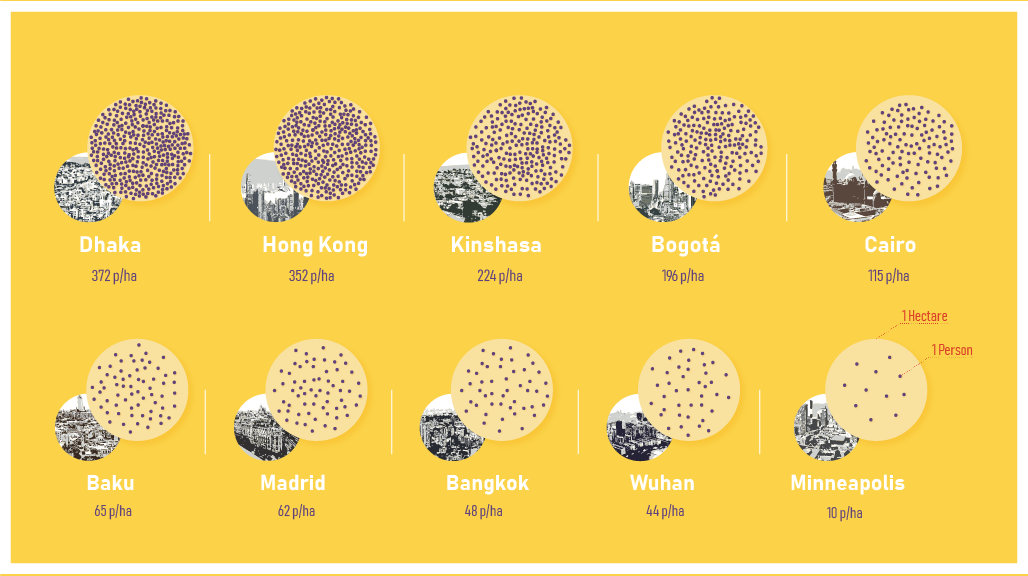Urban Expansion Work in Colombia
Density offers opportunity and is central to economic development and the entrepreneurial and technological advances that improve the human condition. Negative side effects of poorly managed density include pollution, overburdened infrastructure, and disease outbreaks. The current COVID-19 pandemic is an example, where some of the most dense and vulnerable places in cities—slums—have become hotspots of contagion and rapid spread of the virus.
The Urban Expansion Program promotes data-driven government decision-making on expansion and sustainable density. This method encourages cities to make room for their inevitable expansion and connects people to needs such as healthcare, jobs, and public spaces, through a system of arterial roads that allow for trunk infrastructure.
Over the last 15 years, the Urban Expansion Program has focused on the challenges of urban expansion, helping developing countries like Colombia and Ethiopia prepare for orderly growth, demonstrating why cities are and will continue to be crucial. The Program has produced a series of videos that feature key insights and tools on how to address urban expansion. They include the main takeaways of the urban expansion initiative in Colombia, where the team worked hand-in-hand with local governments to improve their territorial plans and enhance their capacities by generating data to support policy decisions.

